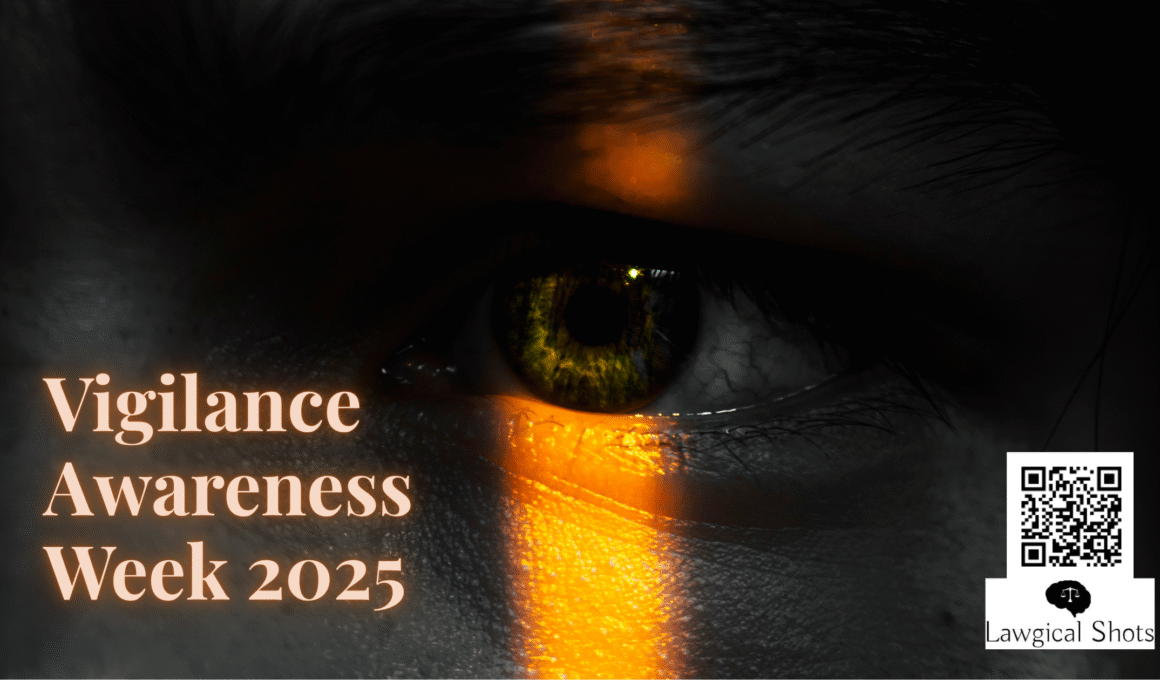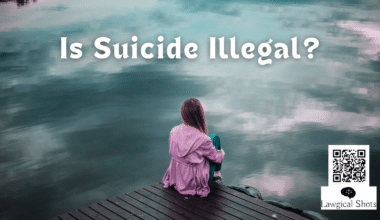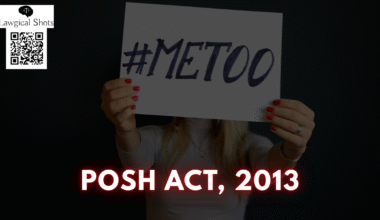Every year, India celebrates Vigilance Awareness Week to mark the birth-anniversary week of Sardar Vallabhbhai Patel (31 October). This is an initiative led by the Central Vigilance Commission (CVC) to promote integrity, accountability and vigilance in public life. This year, the Vigilance Awareness Week 2025 is scheduled from 27 October to 2 November 2025 with the theme: “Vigilance: Our Shared Responsibility”. Here we take this opportunity to address vigilance from a legal lens. Let’s discuss how vigilance is not simply a bureaucratic exercise, but a legal obligation touching upon anti-corruption law, governance, corporate compliance, public administration and citizen rights. Let’s understand the ins and outs of the same.
Vigilance Meaning
“vigilance” means watchfulness, careful attention, and prompt action to protect one’s rights or to guard against danger. It is also used to describe the administrative and anti-corruption efforts within organizations, and is associated with the concept of “vigilantism,” and involves enforcing the law outside of the official legal system.
The “Vigilance – Our Shared Responsibility” Theme
This year, as the Central Vigilance Commission observes Vigilance Awareness Week 2025, “Vigilance: Our Shared Responsibility” is the official theme. The phrase signals three key shifts:
(a) From Individual to Collective Responsibility
Rather than placing the burden only on vigilance cells, CVOs or specialised agencies, the theme emphasises that all stakeholders, i.e., government officials, PSUs, corporate entities, even citizens share the duty of vigilance. Legally, this means that preventive vigilance cannot and should not be ignored. It must be embedded throughout systems, processes and culture.
(b) Preventive, Not just Punitive Mindset
The Vigilance Awareness Week 2025 theme moves attention towards preventing corruption, unethical conduct and weak governance rather than dealing with the consequences of such acts. For example, many organisations are asked to adopt digital initiatives, asset-management reforms, disposal of pending complaints and cases. From a legal perspective, this aligns with preventive provisions in laws like the Prevention of Corruption Act, 1988 (PCA) and internal corporate governance frameworks.
(c) Shared Responsibility of All
The Vigilance Awareness Week’s official theme “Vigilance: Our Shared Responsibility” implies that vigilance is not only about the government policing itself. It means that citizens also have a role in identifying irregularities, demanding transparency, using grievance redressal, engaging in ethical conduct. This implicates towards the rights and duties: e.g., right to information, public interest litigation, whistle-blower protections.
Legal Frameworks and Institutional Context
The CVC and Its role
The Central Vigilance Commission was established through an Executive resolution and subsequently reinforced by the CVC Act. It is the nodal agency for vigilance administration in India. For Vigilance Awareness Week 2025, the CVC issued a circular on September 10, 2025 instructing organisations to observe the week from 27 October to 2 November.
Vigilance Laws and Regulations
- Prevention of Corruption Act, 1988: Penalises public servants for taking/accepting bribes, etc.
- Central Civil Services (Conduct) Rules, 1964: Provide standards of conduct for central government servants.
- Corporate governance norms (for PSUs and private sector) emphasising transparency, disclosures, internal controls.
- Digital governance reforms: As noted in VAW notification, digital initiatives are part of preventive vigilance.
Mode for Vigilance Awareness Week observance
During VAW, organisations undertake various activities such as integrity pledges, workshops, outreach programmes, grievance-redressal camps, disposal of pending complaints etc. Further, many organisations may run a wider campaign focusing on key areas: pending complaints, pending cases, capacity-building, asset-management, digital initiatives.
Legal Implications & Key Focus Areas
Institutional Integrity and Governance
Observing Vigilance Awareness Week is a sign that legal frameworks increasingly treat integrity and good governance not as optional ethics but as enforceable obligations. Observance of VAW signals a compliance obligation. For example, PSUs may have to report to CVC on compliance, pending complaint disposal, etc. For legal practitioners advising entities (public or private), this means vigilance frameworks must be robust, internal controls strong, grievance mechanisms in place and transparent.
Digital Governance and Reduction of Discretion
The VAW 2025 guidelines emphasise “technology-driven procurement, automation, procedural reforms, reduced public interface/discretion” as means to reduce corruption risk. From a compliance law stance: entities must review where discretion exists, place systems to monitor, use digital audit‐trails, tighten procurement and vendor management. Legal audit of such processes becomes key.
Citizen Participation and Complaint Mechanisms
Shared responsibility implies citizens have a role in vigilance. Legal instruments like the Lokpal and Lokayuktas Act, 2013, Right to Information laws, Public Interest Litigation framework become relevant.
Corporate sector & PSUs intersection
Although VAW is often public‐sector-centric, the theme “shared responsibility” implicates the private sector and PSUs. Legal obligations for PSUs (via CVC) and for the private sector (via corporate law/regulatory compliance) mean that legal practitioners must integrate vigilance into corporate governance advice.
Conclusion
Vigilance is often seen as a regulatory checkbox or a ceremonial observance. But this year’s theme “Vigilance: Our Shared Responsibility” is a call to embed integrity, transparency and accountability within institutions, and for citizens to play their part. For legal professionals and organisations, the week is not just symbolic but a trigger for legal compliance, risk mitigation, systemic reform and cultural shift. In a democracy like India where integrity within administration is often questionable, the fight against corruption and unethical conduct is a welcome step, for it is “our shared responsibility”.
Understand your rights and duties in the vigilance ecosystem; participate in VAW activities; engage with grievance mechanisms; hold institutions accountable.
ALSO READ >








